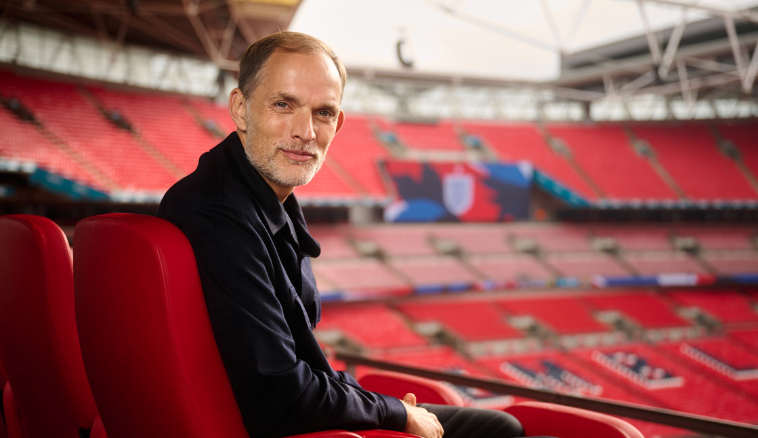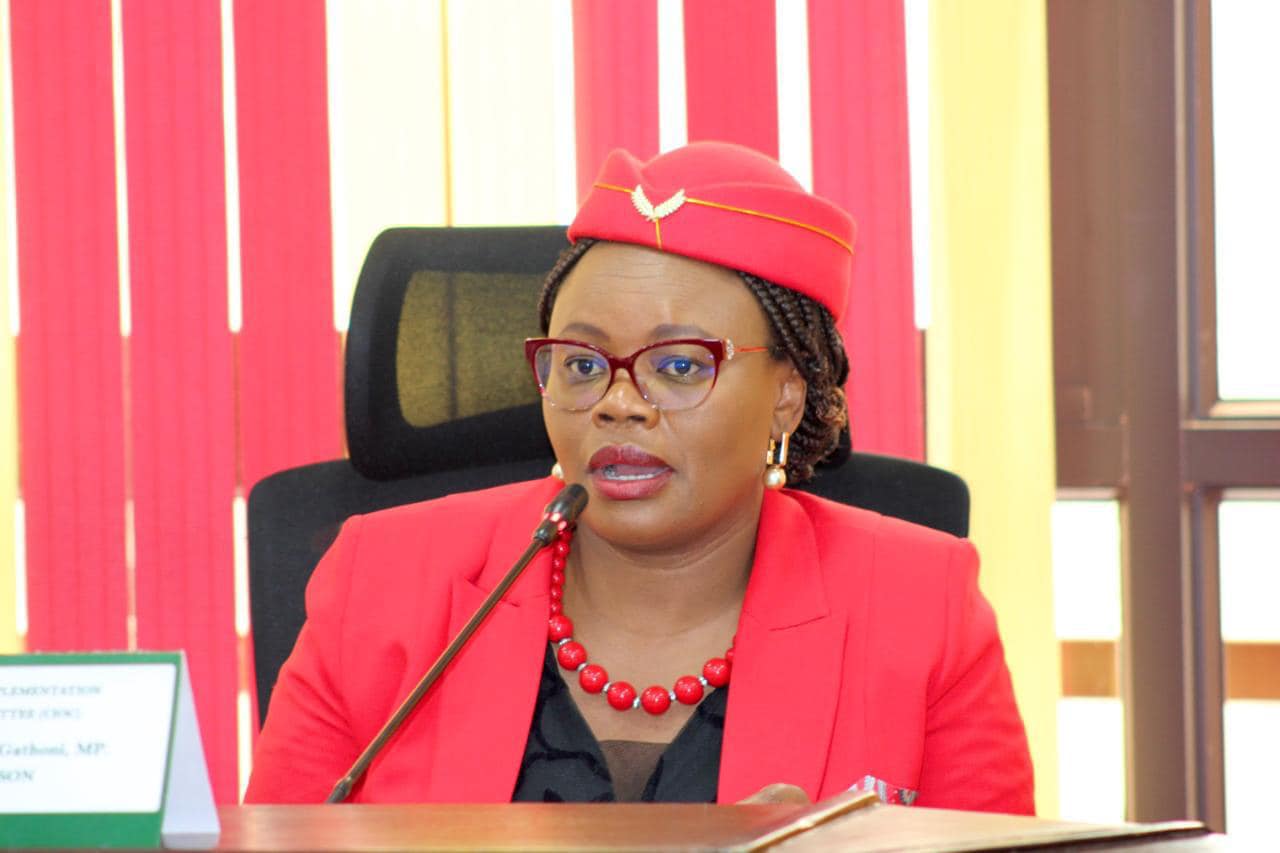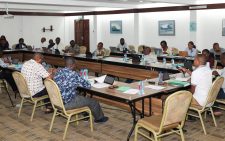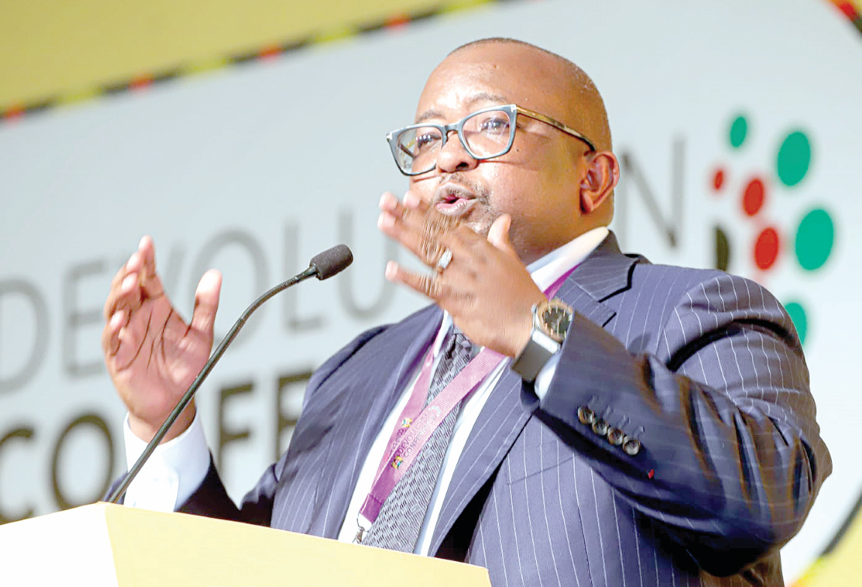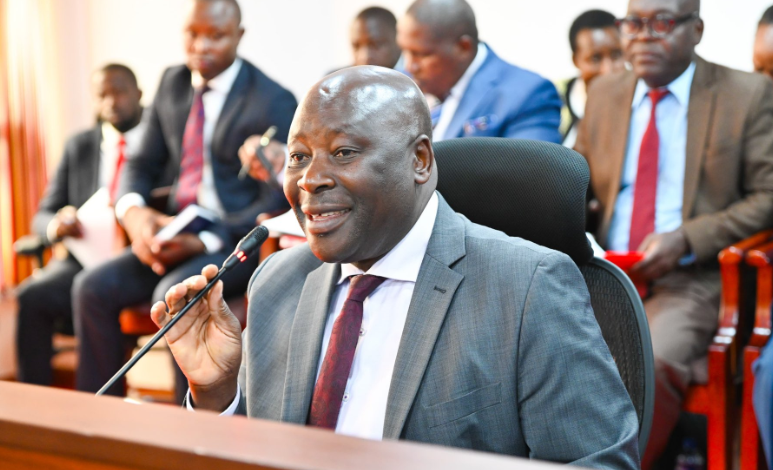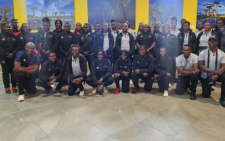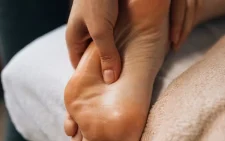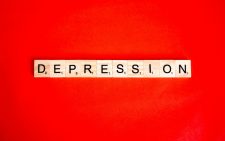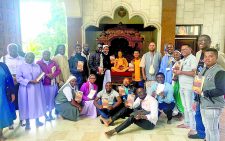An educator on a mission – meet Prisca Muyodi, founder of Montessori House School
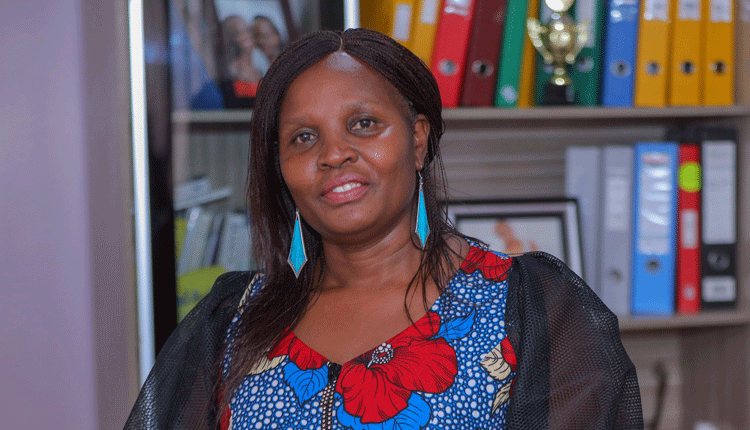
Benjamin Franklin once said that an investment in education pays the best interest, a sentiment that Prisca Muyodi, the founder of Montessori House School lives and believes in.
She shares candidly that education shaped her into who she is today.
“I am the fourth child of eight. I grew up in a small village in Western Kenya and started my schooling at Eregi Mission School.
I went to high school in Western Kenya under a full scholarship from a Catholic school.
It was a blessing that I got the scholarshipas it was already a full-on mission for my parents to feed us.
I was among the first cohort of the 844 system, and I remember feeling overwhelmed with the number of subjects we had to study.
Even then, I remember feeling that education had to be fun. That it did not have to be solely about books excluding any socialisation with friends and family,” she explains.
Prisca decided she was going to be a teacher to imbue fun into the curriculum.
She would go to Kenyatta University and study a Bachelors in Education. She recalls being awed at the flexible learning schedule at university and how one had time to learn as well as develop other life skills.

After finishing her degree, she decided to do something else that would still impact people.
She would become a human resource practitioner for a decade serving organisations abroad that ranged from county governments to non-governmental organisations.
Her passion for education would be reignited once she became a mother and was looking for a school to take her two children to.
“I was that parent who would ask for the curriculum, a tour of the school and even an interview with the potential teacher.
Many people did not understand why I was interested in assessing the quality of education at the kindergarten level.
Thing is, as a teacher it had been ingrained in me that the foundation is everything, it is the bedrock upon which future classes and lessons are built.
What we instill in children invariably shapes the adults they become. From 2007 to 2009, I really struggled finding a school that would fit my children’s learning style.
In 2009, I decided to homeschool them as I researched a way to start a school that assigned the right importance to early childhood education.
A year later, I started Montessori House Kenya, with my children being my first clients,” the proud mother-of-two shares with a soft chuckle.
She believes she was equipped to start a school that would make learning both fun and impactful while ensuring all children mastered the curriculum even with different learning styles.
But entrepreneurs are largely defined by hard work, so she was unbowed by the numerous roles she took on in the nascent years of her business.
Even then, she knew she needed to delegate as her experience as a human resource practitioner and teacher had taught her the importance of putting up structures that would ensure quality was not compromised.
Something for parents
She would have an advisory board that would help refine and keep her accountable to her vision, which was to build a strong foundation through the provision of quality early childhood education.
Her firm belief that no education or knowledge is wasted was further reinforced as she drew on her professional background to build Montessori House Kenya to what it is today.
Prisca resisted adding any more classes despite parents frequently asking her to do so.
The first and second cohorts would graduate and head to other schools. But in 2014, she listened to her clients and started Grade One.
She would then scale until Class Eight over time, ensuring she took the schools where the students were.
She decided not to have one big school as this would mean parents would have to commute for longer to get to school, which is not conducive to the pupils’ learning.
It is hard for a child to learn when they are already tired from a long commute. So far, she has five centres- four in Nairobi and one in Kitui.
She is always looking to improve the quality of education offered. Montessori School earlier in the year became the first to implement the HEI model, a Finnish education model renowned for being a fun model for effective learning.
The HEI school system is play based and seeks to impart knowledge in a fun way such that the children are empowered and equipped for the changing world.
Its pedagogy is adaptive and progressive as it is developed in partnership with University of Helsinki.
In partnership with the Finnish Embassy in Kenya, Prisca was able to adapt it to the Kenyan learning landscape and hopes to use the system to make education even more fun and impactful.
Besides the school, she has ventured into a new business. In response to the need for proper child care when parents go back to work, she partners with corporates to provide child care support systems in the corporate day-care programme launched last year.
She provides highly trained personnel to mind children which allays parents’ fears thereby making them more productive at work.
She approaches corporates to run a day-care system. They provide her with a room in their building and she provides certified teachers and caretakers to help with the children during the day.
She believes that childcare support systems for employees are a great way for employers to show care for their staff and increase performance. .
As to how she defines success and happiness, Prisca says success is a journey.
She insists on the importance of celebrating each and every milestone along the way, citing how entrepreneurs are quick to berate themselves on their possible failings, but never stop to acknowledge and celebrate just how far they have come.
“We are for instance celebrating 10 years of existence. This in itself is no small feat.
We have had to overcome cash and funding constraints as well as Covid-19. We have had to restructure how we learn.
We now for instance do online games such as chess as compared to close contact spot like football,” Prisca explains.
As to what she would advise budding entrepreneurs, she recommends they establish what their strengths and weaknesses are, and then upskill and hire personnel accordingly.
“Being in control does not mean you have to be the one doing everything. Get people who are good at their job and then do the oversight.
This ensures you are able to scale as well as provide quality. Remember to also leverage on the knowledge of others who have more experience than you do,” she says in conclusion.
